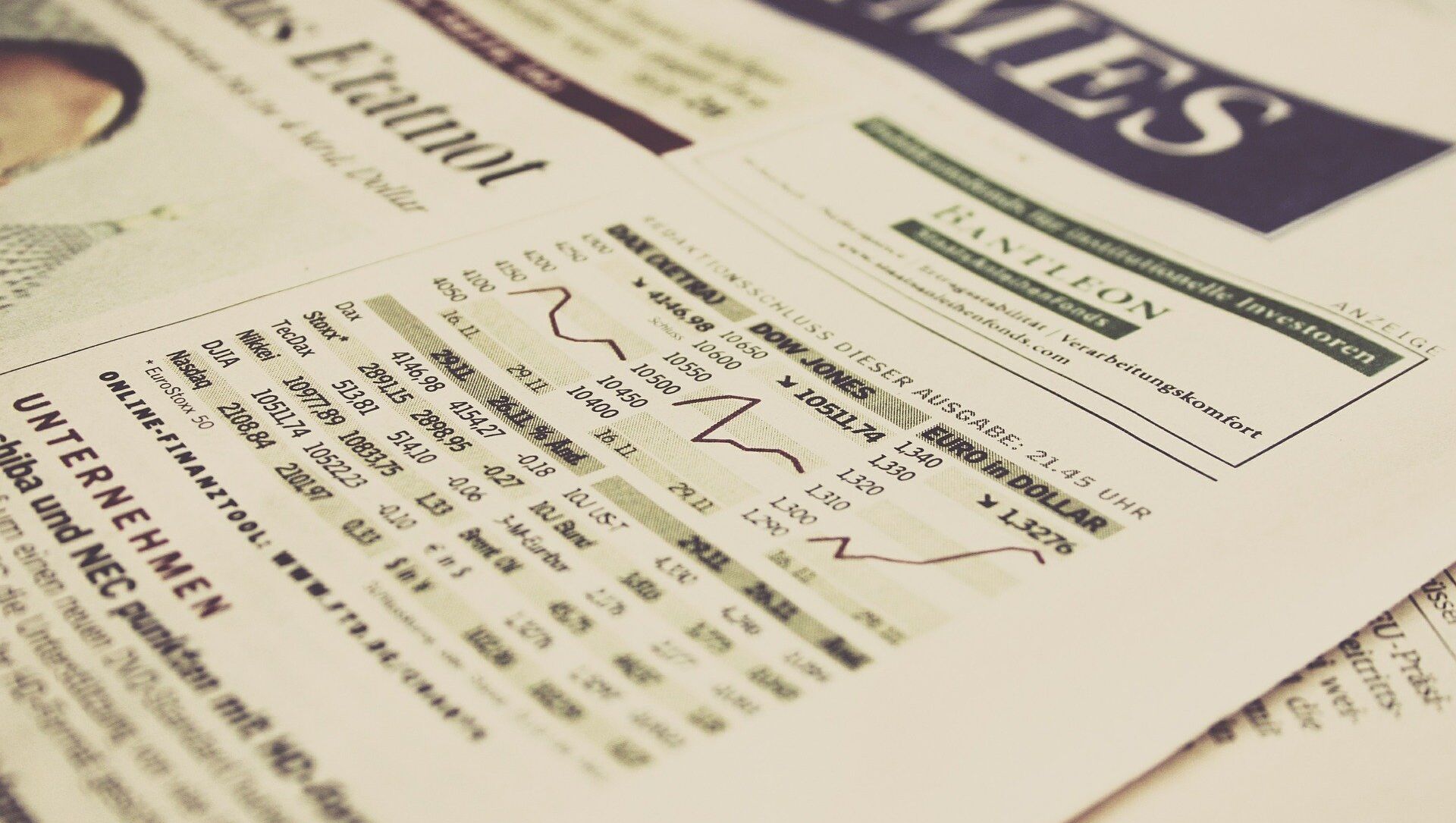Looking at the implications created by dysfunctional financial markets, we spoke to Arman Hassaniakalager, a lecturer in finance at the University of Bath.
Sputnik: Before we look at specific remedies, can you tell us a bit more about the current state of the global bond market, and the impact that this is having internationally?
Arman Hassaniakalager: The issue that is happening right now is that the bond market is seeing a selloff in the bonds, mostly the long-term government bonds. What it means is that those who are holding these securities will get less inflation adjusted as their profit. For example, if you're investing £100 in US bonds, if the rate is fixed and if you're expected to receive a fixed amount of coupon rate, which is the amount of interest that you're going to receive after a year or two, if you take into account inflation that's going to mean you're going to receive less.
What it means internationally and for those who invest in this is that they are not going to be rewarded for the investments and that is more likely to be those who are investing in these securities with the hope of getting long-term fixed profit. For example, if you're a pension fund, then you might consider investing in the bond market, because you see them as a safe investment; however, this is turned into an investment that doesn't pay off for the inflation.
Sputnik: Why are we seeing such a fall in bond prices? What do we need to observe to better understand this phenomenon?
Arman Hassaniakalager: The main reason that we are seeing this fall at the moment is that the markets try to digest the decisions made by the central banks. The central banks are signalling that over the next couple of years, the quantitative easing, which refers to the decisions that the central banks are making to make sure that the money is available to large institutions at a cheap price, is going to stay with us. However, the markets are also seeing that the stock markets are shooting in the sky, they keep going up and up, and this difference in the past is just signalling that you can borrow very cheaply from the bond market thanks to the central banks, and also invest that money in the stock market. That's the reason that you see this difference in the direction of the stock market compared to the bond market.
Sputnik: Looking to the future, what can be done to break the cycle and fix the issue of dysfunctional financial markets?
Arman Hassaniakalager: The central bank policies need to be revisited and make sure that the money is not just going to facilitate transaction at the trading desks for large institutional investors. The main focus of quantitative easing has been that you want to give capital to corporations so that they would either hire more staff or they're going to spend that money on their supply chain. What's happened in practice is that the excess amount of money and that cheap money went mostly into stock market, and just pumped the stock prices further up. What needs to be done is to be discussed by many experts and see what solutions could be made so that the money is not spent just with very large institutional investors and large corporates.


